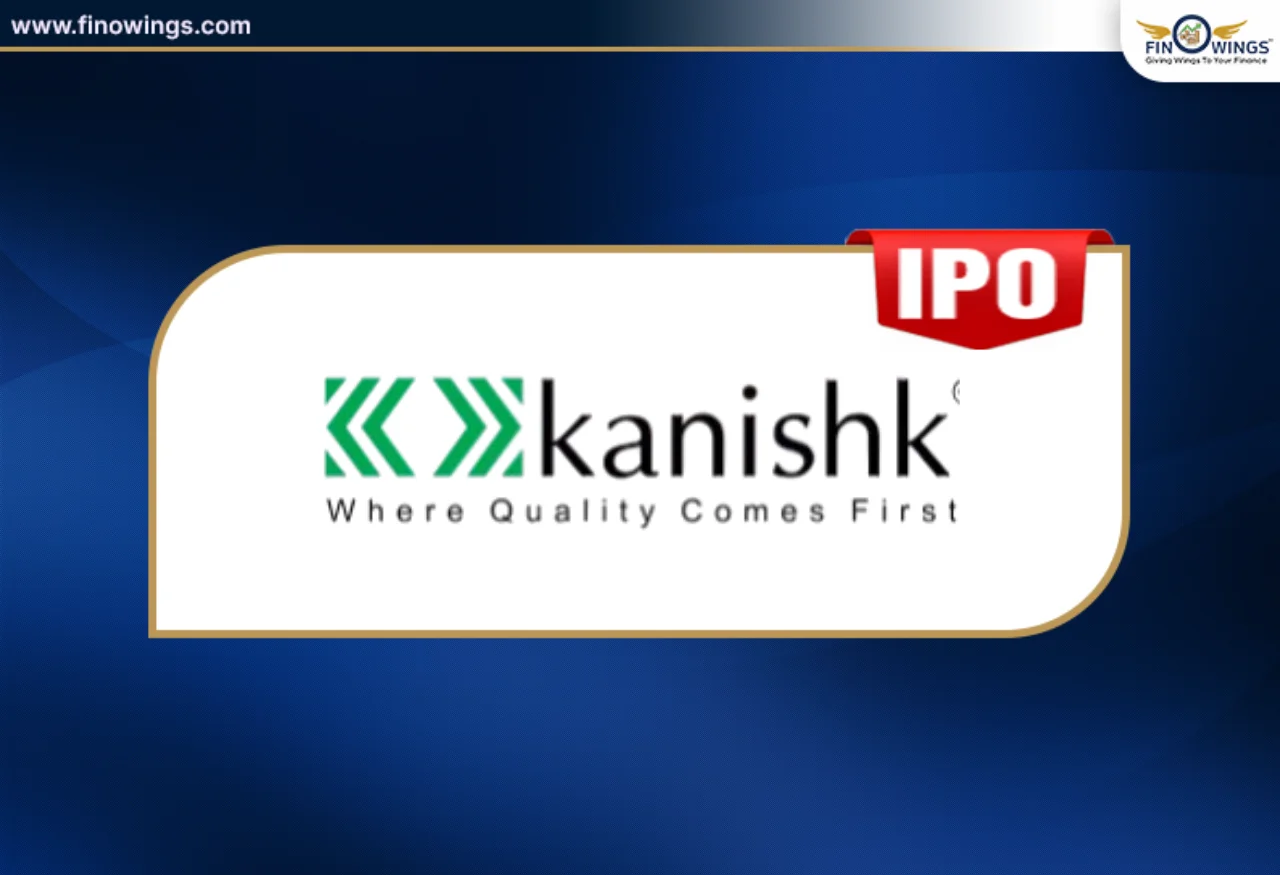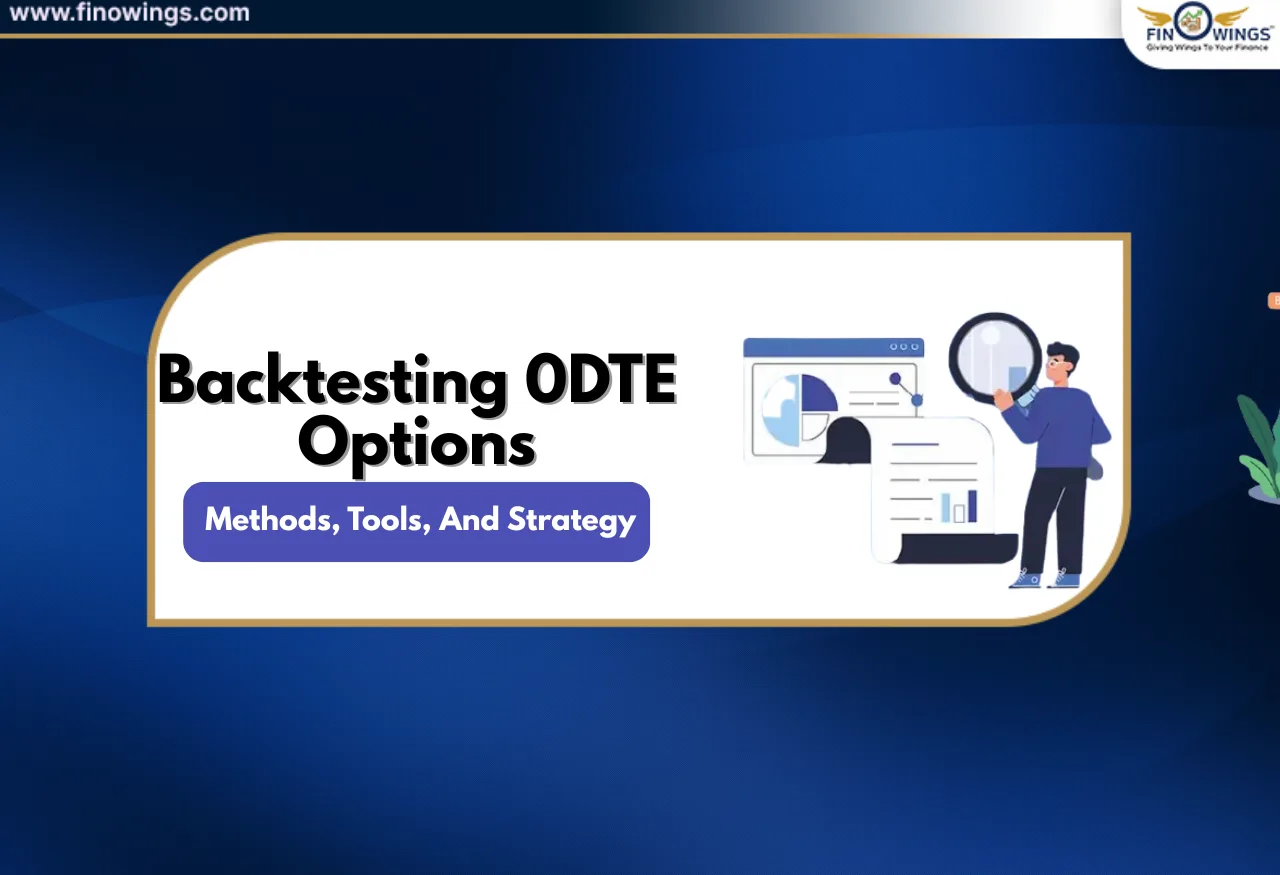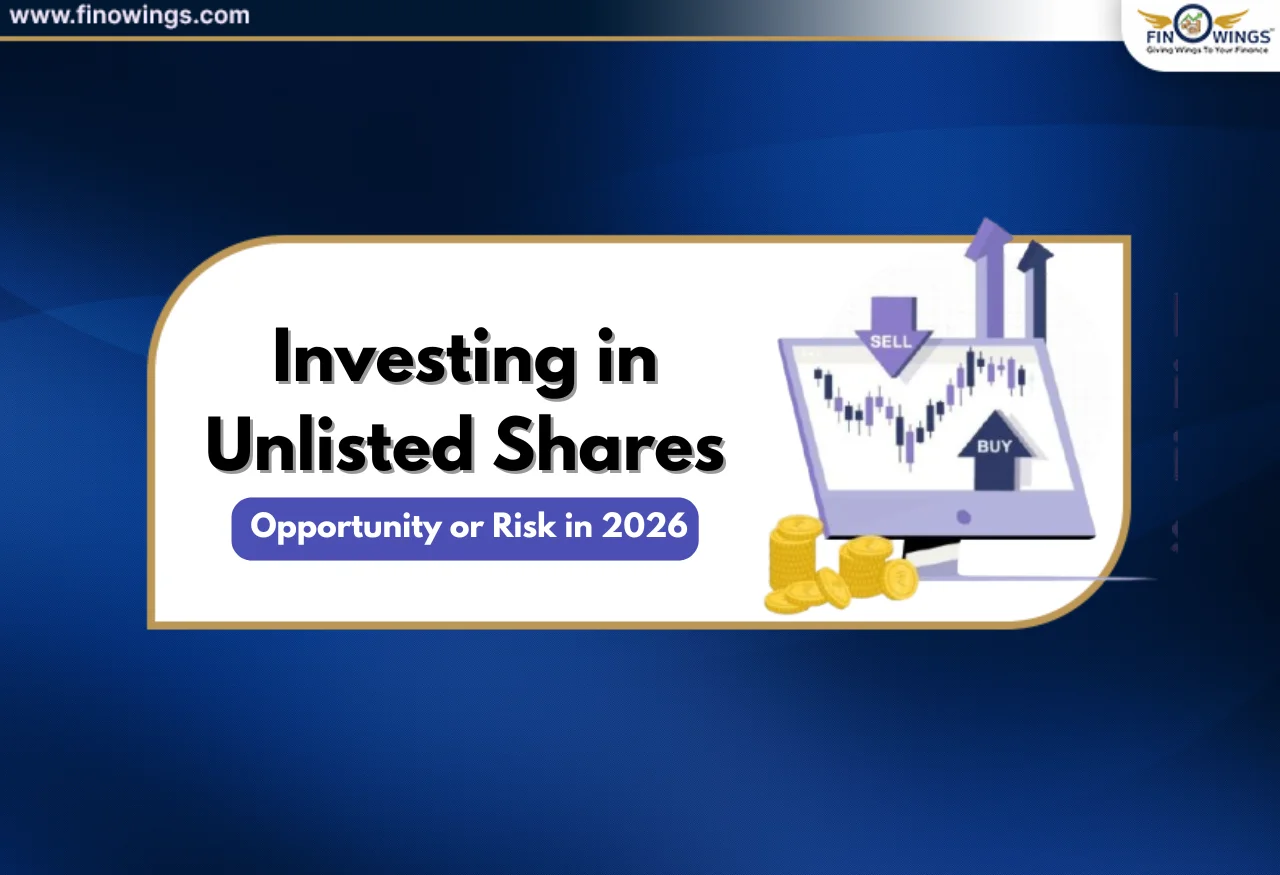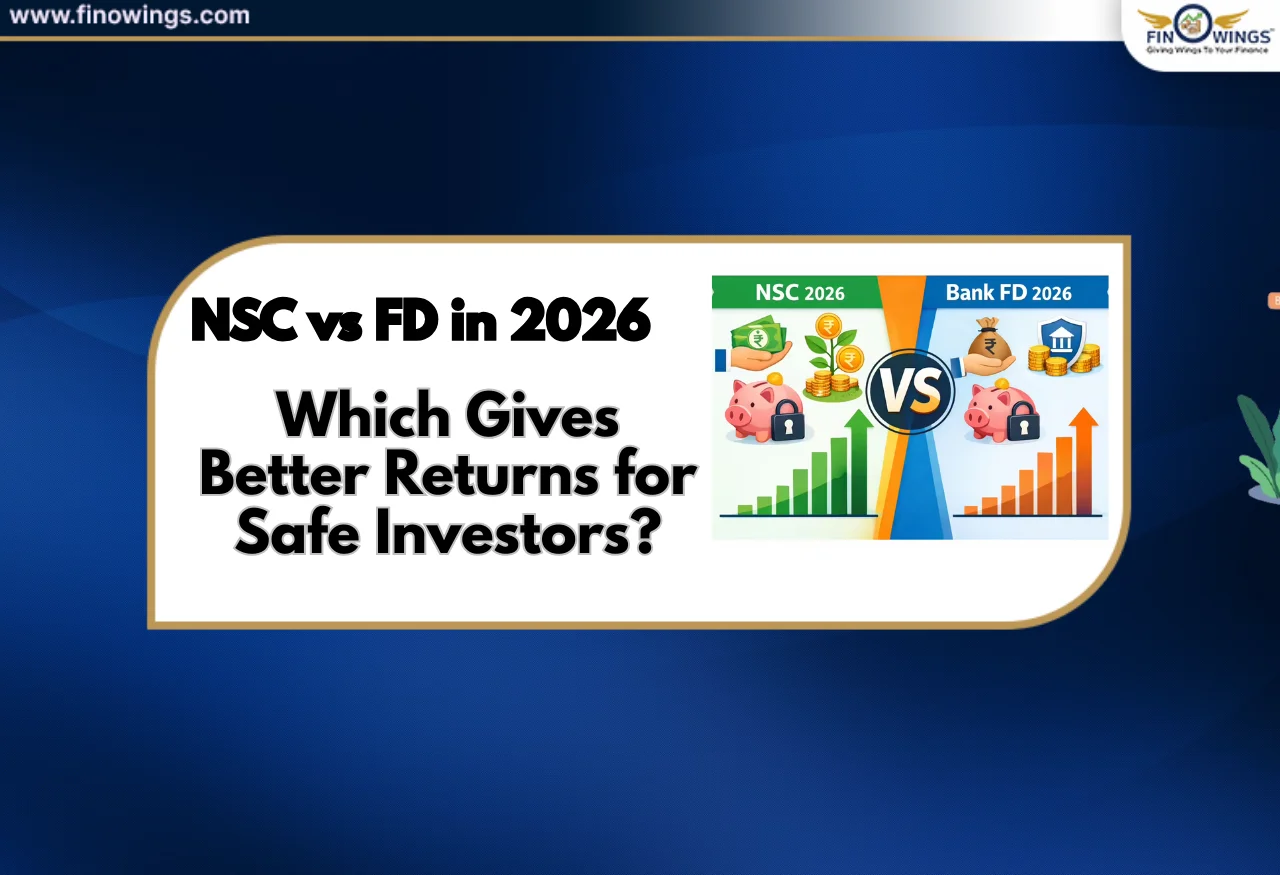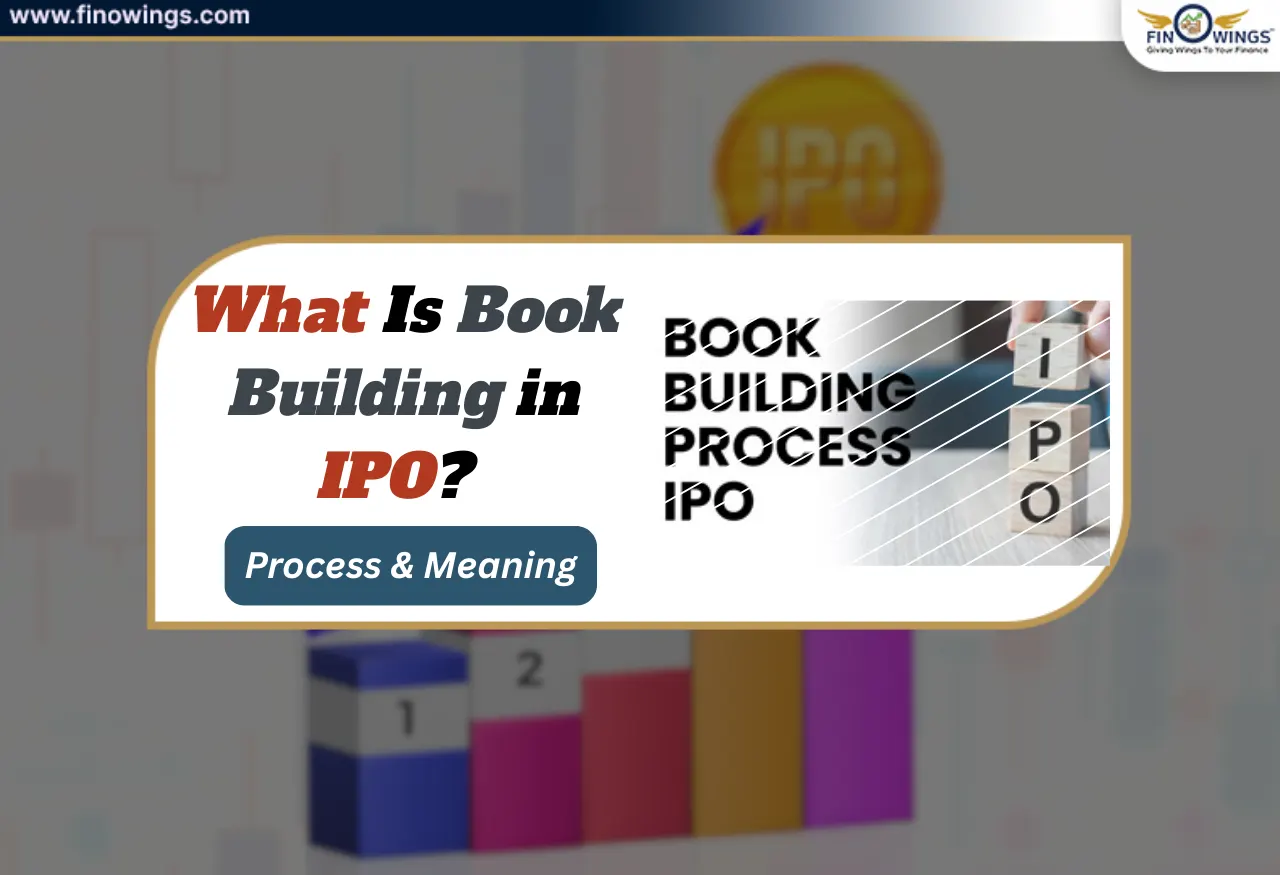Home >> Blog >> What Is FPO?: How to apply, Benefits & Types
What Is FPO?: How to apply, Benefits & Types
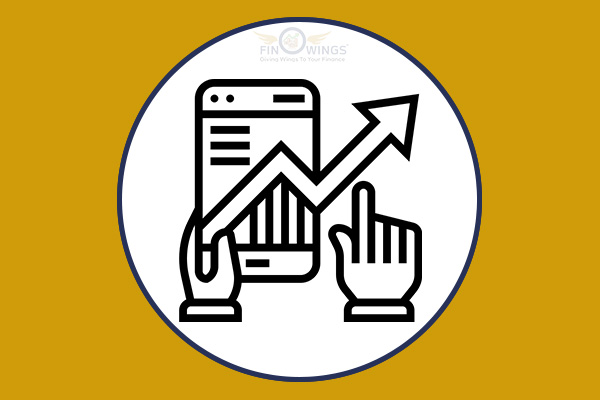
Table of Contents
Introduction
Business is built on capital, and capital is raised through funding from investors. When the revenue is enough to expand an already listed company or when a company needs funds for its expansion or other operations, it seeks public investors willing to buy its shares. By a listed company, we mean it has issued shares of its stock traded publicly in a recognized stock market. In other words, the company's ownership is partly changed through its shares in the stock market. This was done through issuing an IPO (initial public offer), which is the first step of selling the shares of a company to public investors.
When the company expands and requires more funding, it again reaches out in search of new shareholders or investors to buy its shares and raise funds for the company. This is known as FPO, following on public offer.
Why do companies raise FPO?
Follow on public offer(FPO) is a method by which listed companies sell their shares to raise funds in the stock market. Any offer to issue shares in the stock exchange after the IPO is called FPO.
When a company is established, it requires partnerships with its acquaintances and families to build it. Later on, when the company had been functioning for some time, it started to generate revenue for its owners. However, the revenue is insufficient to support the company with few investors. So the company lists itself in the stock market to sell its shares to public investors. This is done through IPO. However, the company needs more funds to operate or expand its business. Therefore, it reaches out again to public investors to help its fundraising efforts by offering company shares. This is a great opportunity for investors because when the company releases an FPO, the prices of its shares are much lower than its initial public offering (IPO). This allows the investors to contribute more in buying the company shares, which will help raise funds quickly.
Types of FPO
There are two types of FPO; the first is dilutive, in which the directors agree to increase the number of shares available. In this FPO, the company tries to raise money to reduce its debt or expand the business, which increases the number of shares remaining.
The second type of follow-on public offer is a non-dilutive FPO. This method of offering is useful and convenient when the company's board of directors or its good number of shareholders decide to sell off their privately held shares.
Diluted FPO-
Diluted follow-on offerings occur when a company issues more shares to raise funds by offering new shares to the public market. However, earnings per share (EPS) decline as the number of shares rises. An FPO's proceeds are typically used to manage debt or change a corporation's capital structure. As a result, the long-term benefits of the cash infusion to the company also translate to benefits for its stock.
Non-Diluted Follow-on Offering
Non-diluted follow-on offerings occur when holders of existing or privately-held shares put up their previously issued or owned shares to the public market for sale. The funds or money acquired by the sales from the non-diluted FPO directly reach the shareholders who placed their stocks into the public stock market.
Because they possess the most shares in the company, these shareholders are frequently the founders, board members, or pre-IPO investors. As a result, the company's earnings per share remain unchanged because no further shares are issued. Non-diluted follow-on offerings are also known as secondary market offerings.
ATM Offering
There is another type of FPO, which is a typical process of offering shares to the public. It is commonly known as ATM, At-the-Market Offering. In an at-the-market (ATM) offering, the company can raise capital as and when needed. If the company is willing to offer its shares someday, but they are not satisfied with the available price of shares on that day, it can hold back from selling its shares on that day. ATM offerings are also known as controlled equity distributions because they can sell their shares into the secondary trading market at whatever current price.
Example of a Follow-on Offering
Follow-on offerings are quite common in the investment markets. They provide a feasible way for companies to raise equity that can be used for common and necessary purposes. The risks of investing in an FPO are lower than investing in an IPO. Companies announcing secondary offerings find that their share price fall. Shareholders often do not prefer secondary offerings or FPO because the company dilutes existing shares, and many of the shares are introduced below market prices. The company may gain funds, but its shareholders face a setback in an FPO.
A recent example of an FPO is Patanjali Ayurveda-led Ruchi Soya Industry opened its subscription between 24 and 28 March. As a result, the business distributed 6,61,53,846 equity shares with a nominal value of Rs 2 and earned Rs 4,300 crore. The business further claimed that, due to the FPO, it had paid back bank debts totaling Rs 2,925 crore and was now debt-free.
How does FPO affect the investors?
Investors choose to invest in an FPO for a number of reasons.
First, FPO is a secondary offering of shares after an IPO. The price of follow-on shares is often discounted to its IPO value. Also, the price is lower than the current closing market price. The valuation is not as important in an FPO as the marketing of the offering by the investment banks. The follow-on offerings are issued for many reasons. Sometimes, the company needs to raise funds to finance its debt or make acquisitions. Therefore, the company's early investors liquidate their holdings and gain money from the FPO. The FPO not only benefits the new investors but is also a way of selling shares of the companies' previous investors.
The company is not usually seeking investors by FPO but rather looking for additional capital to help itself financially. Companies often issue follow-on offerings to raise capital to clear off their debt at low-interest rates. Therefore, Investors should understand and analyze why a company is issuing a follow-on offering before investing their money. By investing in a proper FPO, an investor can gain maximum returns if the company builds or improves its financial performance.
Additionally, during an FPO, investors look to engage in arbitrage trading, when they buy shares at a bargain and then sell them to other investors at a premium to benefit.
Advantages and Disadvantages of FPO
When a company holds an FPO, it benefits the company and the investors, but sometimes an FPO can cause problems, usually for the previous and new investors.
The advantages of issuing an FPO are-
1- Raise capital- Through FPO, the company uses the earned capital to pay off loans and improve its debt-to-value ratio. The company also proceeds with an FPO when it wishes to grow and expand the company by introducing new projects and deals which require more capital.
2- Credibility- the new investors of FPO have the upper hand over the investors of IPO because the new investors have knowledge and history of the company, its management, financial health, etc. The investors refer to the company's past performance; they analyze its earnings and other statistical data available because the company is already listed in the market for some time.
3- Lower share price- The new shares issued in FPO have lower share prices than those listed in the IPO on the stock market. This helps the investors who can buy and later sell the shares in the secondary market at a better price; therefore, the investors have a lower risk of losses.
4- Arbitrage Trading- Arbitrage trading is a technique of trading where the investors trade similar shares or assets by profiting on their price differences in two or more markets. Many investors prefer arbitrage trading, where they can buy shares at a lower price in an FPO and sell it at a premium price in the market to earn profits.
5- Low risks- The risk of investing in FPO shares is much lower than the IPO shares because the investors have all the necessary information about the company.
Disadvantages of an FPO-
1- Lengthy procedure: Issuing FPO shares requires a lot of time as it is lengthy and complex. The company requires all the details and its directors' support to offer the FPO.
2- FPO can be costly: The shares of the FPO are sold at a lower price, making the process of FPO costlier as it involves dividend payments compared to low-interest-bearing debentures.
3- Complex procedure: The stock market can be very complex because the SEB (Securities and Exchange Board) has a number of legal rules and regulations.
4- Dissatisfaction among the investors: Due to the dilution of shares and control over the company, the previous investors do not wish to support an FPO. The new shares are sold at a lower price which can lead to a conflict of interest among the shareholders who are also involved in the company's business.
5- Release of Confidential Information: Several transparencies are required by the stock market that can interfere with the company's privacy. The market needs information that can unintentionally reveal the company's secrets and business models.
Conclusion
When a company releases an FPO, it helps itself by gaining more capital from the investors. On the other hand, the investors benefit from an FPO by buying the shares of a well-established company by analyzing its financial, statistical data, and other data like mergers and acquisitions. The investors also profit through arbitrage trading by selling the shares in the secondary markets. FPOs of famous companies are most sought after by investors. For example, in 2018, PolarityTe issued an FPO for about $55million of equity shares. The raised capital was used for the company's research and design projects, commercialization, and other reasons, which were mentioned in the SEC filing, which is done before issuing an FPO. In 2019, Huya, a Chinese company, settled an FPO for $393 million. The FPO raises large capital and marketing resources that help the company and investors.
Author
Frequently Asked Questions
FPO is a short form of Follow on Public Offer which is a process in which an already listed company on the stock exchange issues new shares to the existing shareholders or to the new investors.
FPO is a follow up to the IPO as its name Follow on public offer suggests. A follow-on public offer issues its shares after the company is listed on a stock exchange. Whereas, an IPO is an initial or first issuance of the shares of the company where the company is listed in the stock market for the first time and changes from a private to a public company.
The process of FPO reduces the share prices in the market. FPO decreases the stock price of the company because of the dilution of its shares.
A diluted FPO always reduces the company's share price as new investors become the shareholders too.

